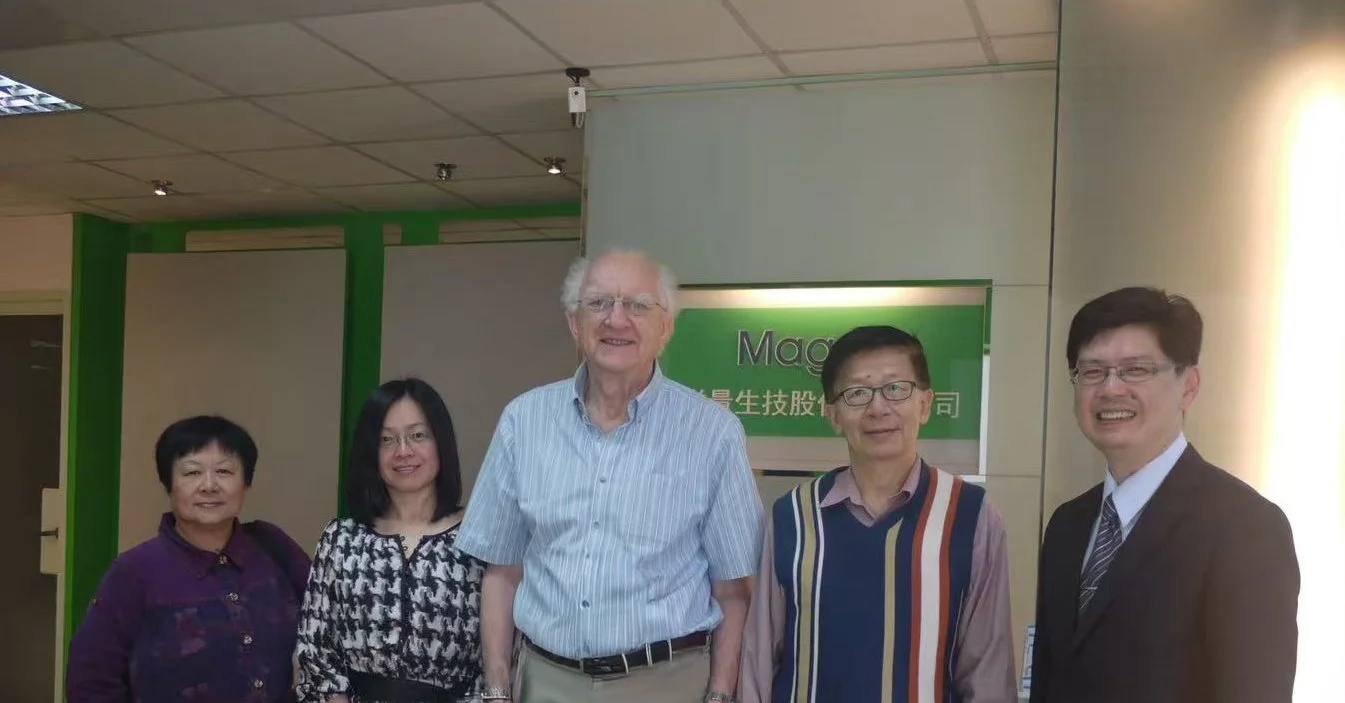2025 Nobel Prize in Physics: Macroscopic Quantum Tunneling Breakthrough Drives SQUID Technology Innovation in Ultra-Sensitive Alzheimer’s Diagnostics
Nobel Prize in Physics 2025, SQUID, Macroscopic Quantum Tunneling, Alzheimer’s Biomarkers, Magnetic Immunoassay Analyzer, John Clarke, MagQu
2025 Nobel Prize in Physics Honors Groundbreaking Discovery of Macroscopic Quantum Effects
The Royal Swedish Academy of Sciences has announced that the 2025 Nobel Prize in Physics is jointly awarded to three scientists: John Clarke of the University of California, Berkeley, USA , Michel H. Devoret of Yale University, New Haven, CT and University of California, Santa Barbara, USA , and John M. Martinis of the University of California, Santa Barbara and Qolab, Los Angeles, CA, USA.
The prize recognizes their work "for the discovery of macroscopic quantum mechanical tunnelling and energy quantisation in an electric circuit".
Scientific Implementation and Findings
This pioneering research, conducted in 1984 and 1985 , was the first to demonstrate that quantum mechanical effects could be observed in a system "big enough to be held in the hand". The laureates' experiments demonstrated that quantum mechanical properties can be made concrete on a macroscopic scale.
They achieved this breakthrough using an electronic circuit built of superconductors separated by a Josephson junction.
SQUID Scientific Basis Supplement, This type of circuit, based on the Josephson junction, is the core physical foundation of the Superconducting Quantum Interference Device (SQUID)—the most sensitive magnetometer known today.
Proof of Macroscopic Quantum Tunnelling: The macroscopic, particle-like system in the circuit is initially trapped in a zero-voltage state, as if behind a barrier it cannot cross. In the experiment, the system showed its quantum character by managing to escape the zero-voltage state through tunnelling. The change is detected through the appearance of a voltage.
Proof of Energy Quantization: The laureates also demonstrated that the system is quantised, meaning that it only absorbs or emits specific amounts of energy.
This work has extended the principles of Quantum Physics to larger scales, establishing the scientific bedrock for modern Quantum Technologies, including Quantum Computing and ultra-sensitive sensing.
MagQu’s Application of SQUID Technology in Alzheimer’s Diagnostics
Dr. Charles S.Y. Yang, MagQu Founder, expressed profound encouragement upon hearing the news. He noted that his research is in the field of Superconducting Electronics, and he has a professional connection spanning over 20 years with one of the laureates, Professor John Clarke.
Dr. Yang stated: “Hearing of Professor John Clarke’s award was a great surprise. He is not only a pioneer in superconducting electronics but also a long-time friend and witness to MagQu’s early development. He witnessed our entrepreneurship and visited the company in 2013 to show his concern, which strengthened our commitment to utilizing SQUID technology for ultra-sensitive detection.”
MagQu’s core product, the Magnetic Immunoassay Analyzer (XacPro-S), is a prime example of the successful commercial application of High-Temperature SQUID (HTS SQUID) technology.
SQUID's Versatile Foundation: Professor Clarke is widely recognized for his work on SQUIDs or superconducting quantum interference devices. He has used SQUIDs in many applications, including their use as biosensors. MagQu builds on this foundation, utilizing SQUIDs in the biomedical field.
MagQu’s Technological Edge: The XacPro-S analyzer uses SQUID technology combined with the Immunomagnetic Reduction (IMR) assay principle to measure the change in the AC magnetic susceptibility (χac) of a sample over time. This system achieves ultra-high sensitivity in vitro quantitative detection of ultra-low concentration biomolecules, such as Alzheimer’s biomarkers (e.g., Tau protein and Aβ1−42), in biological fluids. The analyzer's sensitivity is better than 1 pg/ml.
The announcement of this 2025 Nobel Prize in Physics not only confirms the scientific merit of fundamental superconducting quantum physics but also highlights the critical role of SQUID technology as an ultra-sensitive sensor that continues to drive progress in fields such as frontline biomedical diagnostics.


